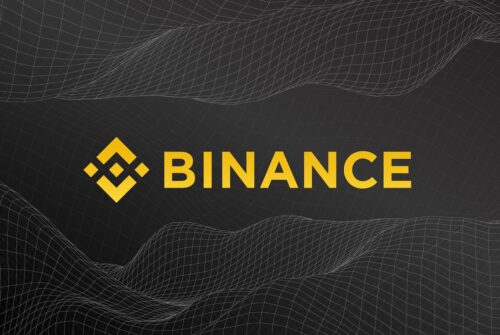
A lot of people love betting and we all know that betting is always tricky and complicated:even if you win you can face difficulties on your way. This can be money withdrawals, providing your personal information, no transparency in the platform’s actions, etc. Still, it’s always attractive for users to try their luck fighting for a big prize and that’s why betting is always here.
With the new era of technological developments people get more and more useful financial tools, platfroms and so on. And betting is not an exception: P2PBET has launched the first betting transparent platform, based on the blockchain with crypto being used to make the bets on. But before we turn to learn more about the platform, let’s first explore what crypto and the blockchain are and how they can work together with betting.
The definitions of blockchain and cryptocurrency
A blockchain is a distributed database that is shared among the nodes that are the participants of a computer network. A blockchain acts as a database as it stores information in digital format. It can be compared to how a Google Docs document works. When a person shares their Google Doc with a group of people, the document becomes distributed among everyone who has access to it – thus, it becomes decentralized and transparent. All modifications in the document are recorded in real-time. This is just an example that can give a common user the understanding of the blockchain technology, but of course it is far more complicated. Also, one can not make any changes once the code is written, which makes it more secure.
A cryptocurrency is a form of digital cash that enables individuals to exchange value in a digital world. Crypto functions on the blockchain and does not have a central bank or any party that can change the rules without reaching consensus.
And when we connect the blockchain and crypto technology with betting we get decentralized betting.
Decentralized bets on P2PBET
If you love betting or even have tried it once you are definitely to understand how decentralised betting is different. Below there are the differences from traditional betting:
- As with all the transactions that happen on the blockchain, every user can track the transfers that happen on the platform. There are no delays and stops in transfers.
- There’s no KYC on P2PBET which means user info is not processed by anymody and they remain anonymous.
- Users’ funds are safe. Users can be sure that nobody has access to their money except themselves because the platform requires MetaMask and TRC20 wallets.
- Unlike with traditional betting, P2PBET does not regulate any rates, because all financial assets statuses are synchronized with the actual rates on Binance.
- The platform’s commissions are always fixed – 3% from each win. Such conditions are written in the smart contract and it leaves no room for fee manipulation. You will never be deceived or kept in the dark.
The P2PBET ecosystem
As a result, all the features mentioned above make the platform anonymous, transparent and usable for common people. The P2PBET’s creators made an innovative approach to betting that helped to revolutionize the industry. Now, betting lovers can enjoy the process even more: it is only their luck and professionalism. What is more, people who have been afraid to try betting have a great opportunity to try it now without the fear of losing money or being deceived.
The creators also initiated Free Game which functions on their platform and is live right now: anybody can have 3 attempts to predict the BTC price by the end of the day and win $100! The participants don’t have to invest any money to participate as the game is completely free. Moreover, as the project was launched a couple weeks ago, everyone has a big chance to be the closest to the actual price of Bitcoin. Do not miss this perfect opportunity to give yourself a magical present before Christmas!





